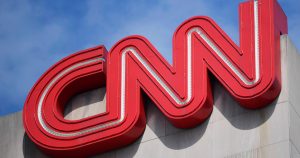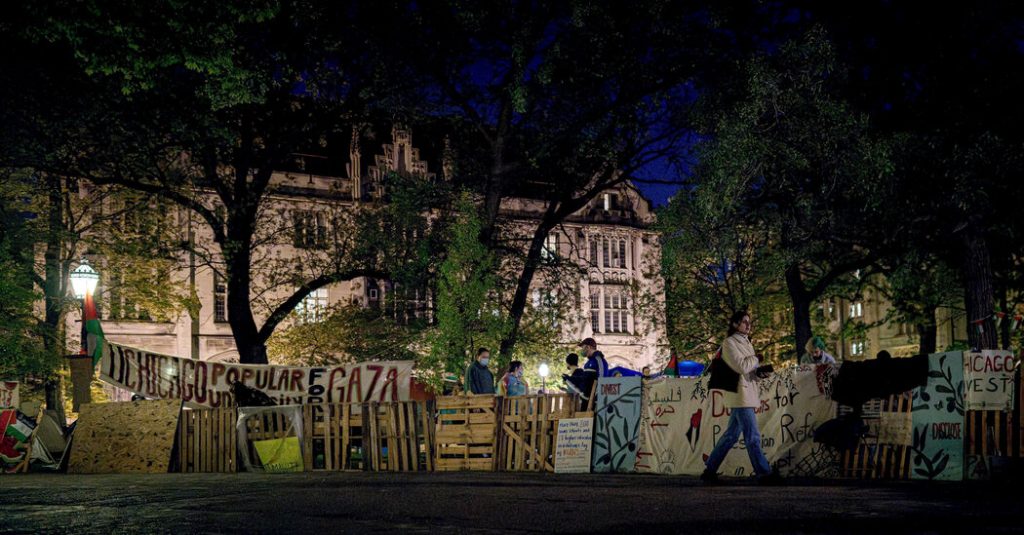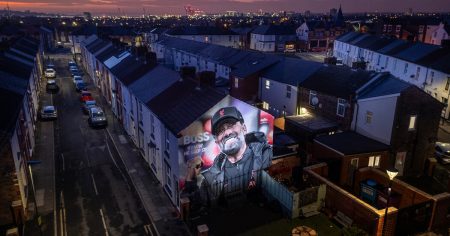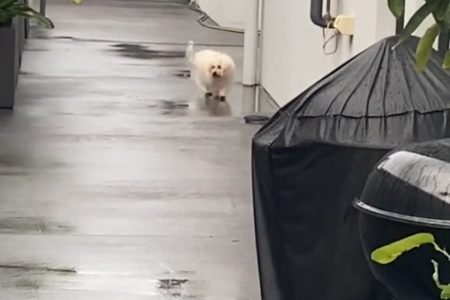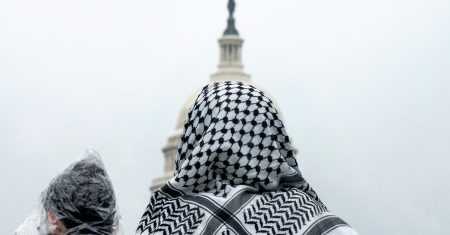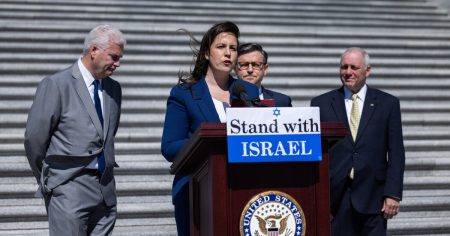The University of Chicago prides itself on its commitment to free speech and institutional neutrality, providing students with copies of its free-speech declaration, known as the Chicago statement. However, this commitment has been tested by student protesters who have refused to leave an encampment in the central quad protesting Israel’s war in Gaza. The university has allowed the encampment to stay up, despite policy violations, to uphold free expression. Negotiations between the two sides have been suspended, with the administration demanding the encampment’s removal due to disruptions to student life and a degradation of civility on campus.
Students involved in the protest view the administration’s demands as hypocritical, citing the university’s emphasis on free speech. The encampments have sparked a larger debate about the boundaries of free speech and the impact of protests on academic institutions. Some schools have reached agreements with protesters to lower tension, but the University of Chicago is struggling to find a way to dismantle the encampment without risking further disruption or backlash. The conflict reflects a broader shift in how young people approach political expression and confrontational tactics in activism.
The encampment at the University of Chicago has drawn national attention for its prolonged protest and confrontation with university administration. The tents, chants, and disruption have highlighted the complexities of balancing free speech with campus policies and student safety. The clash reflects a larger cultural divide regarding political expression and the role of protests on college campuses. Issues of identity, censorship, and civil discourse have all been brought to the forefront by the ongoing conflict surrounding the encampment.
The stalemate between university administration and student protesters underscores the challenges of navigating free speech and political expression in a contentious climate. The encampment has become a focal point for debates about appropriate protest tactics, campus disruption, and the limits of free speech. The encampment’s effects on student life, academic integrity, and community cohesion have raised questions about the role of activism on college campuses and the responsibility of institutions to uphold their values while allowing for diverse viewpoints.
The encampment at the University of Chicago represents a microcosm of the larger struggles facing universities and students across the country in navigating political expression and protest. The clash between institutional policies, student demands, and societal pressures highlights the complexities of upholding free speech while maintaining a functional campus environment. The encampment has become a symbol of the broader challenges facing higher education in an era of intense political polarization and activism, prompting important questions about the future of civil discourse and ideological diversity on college campuses.


